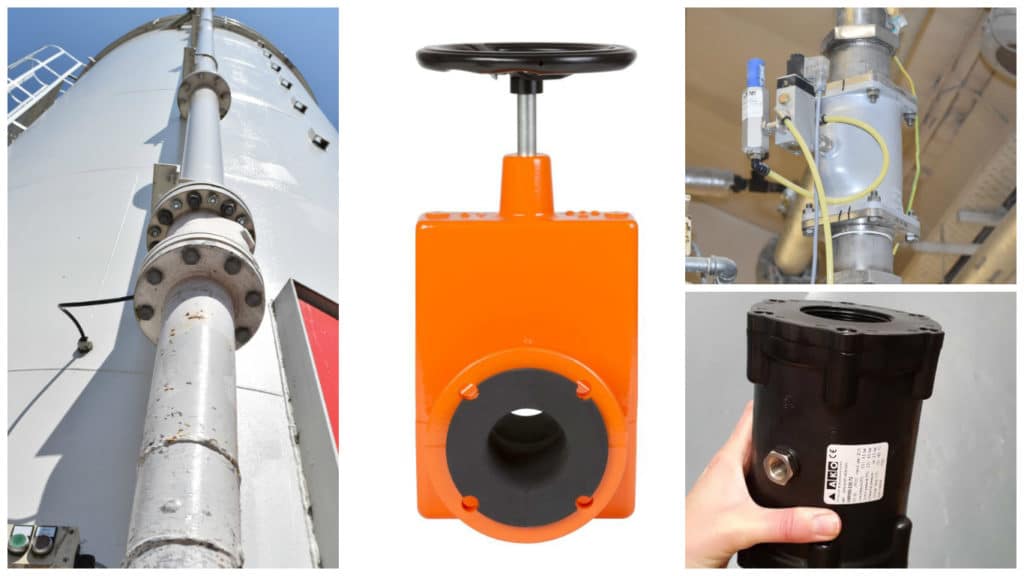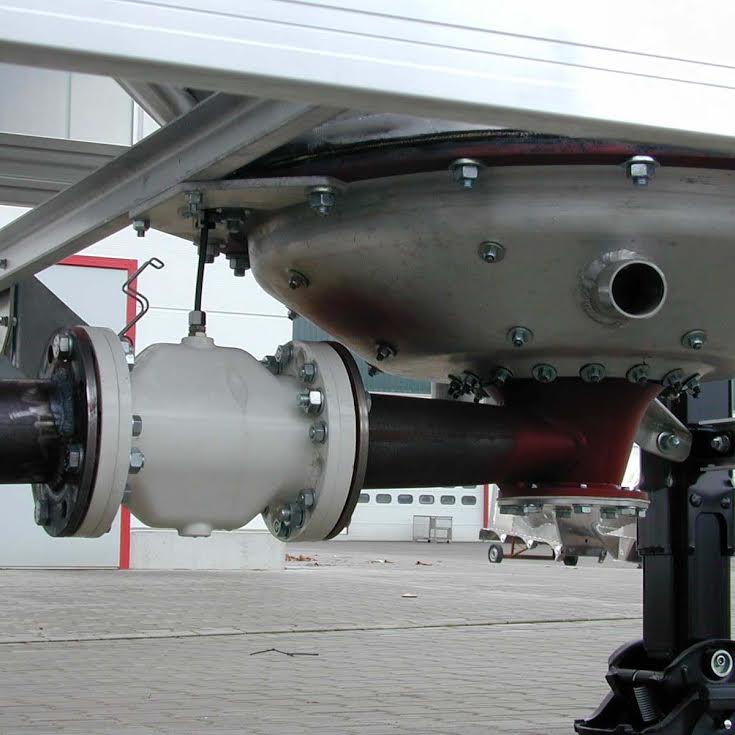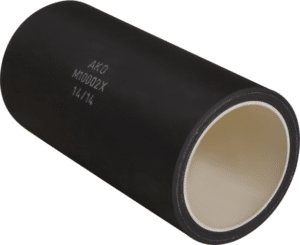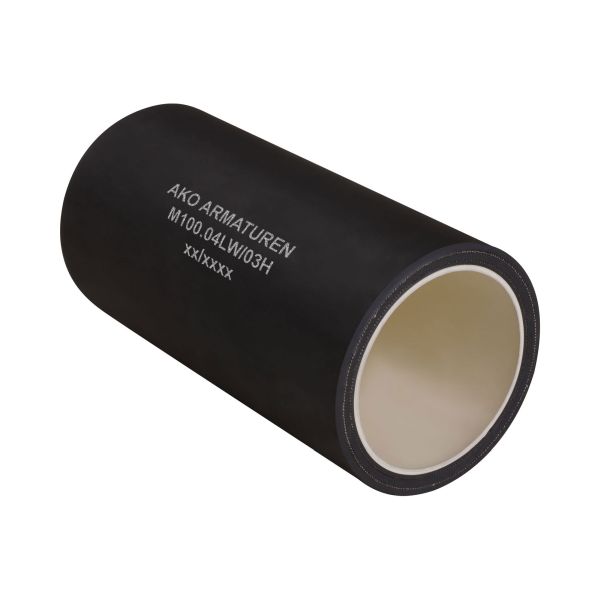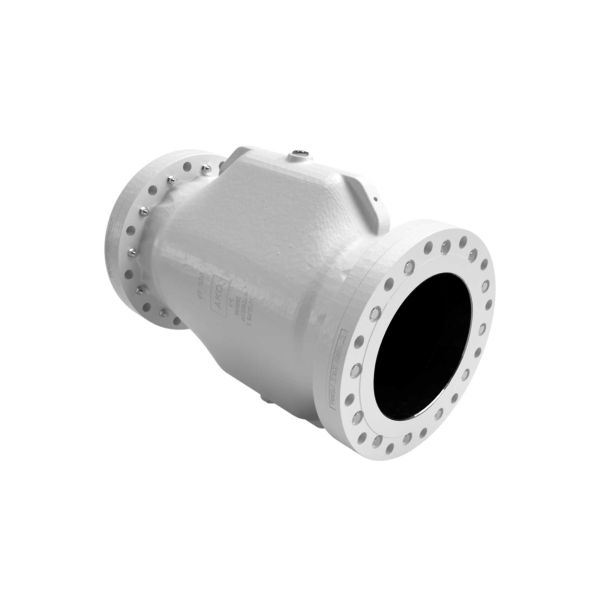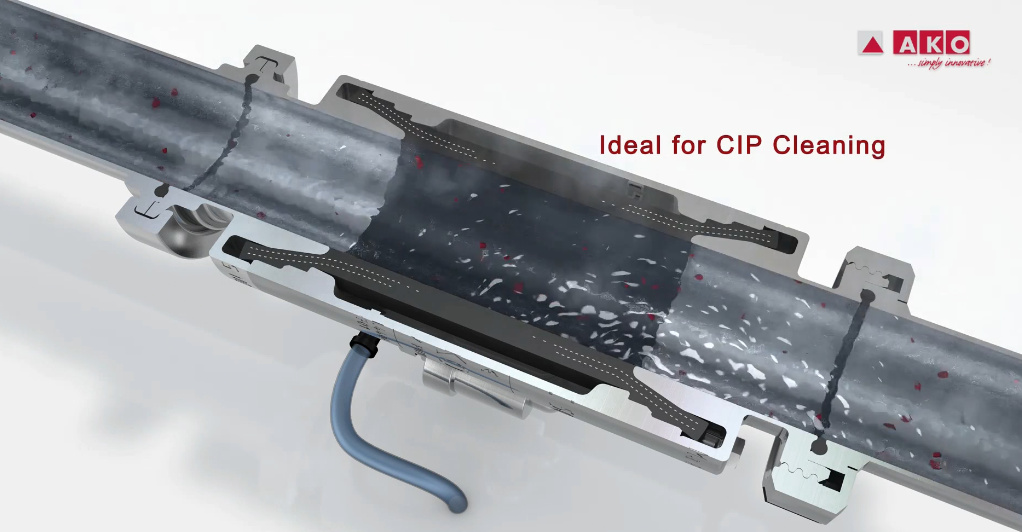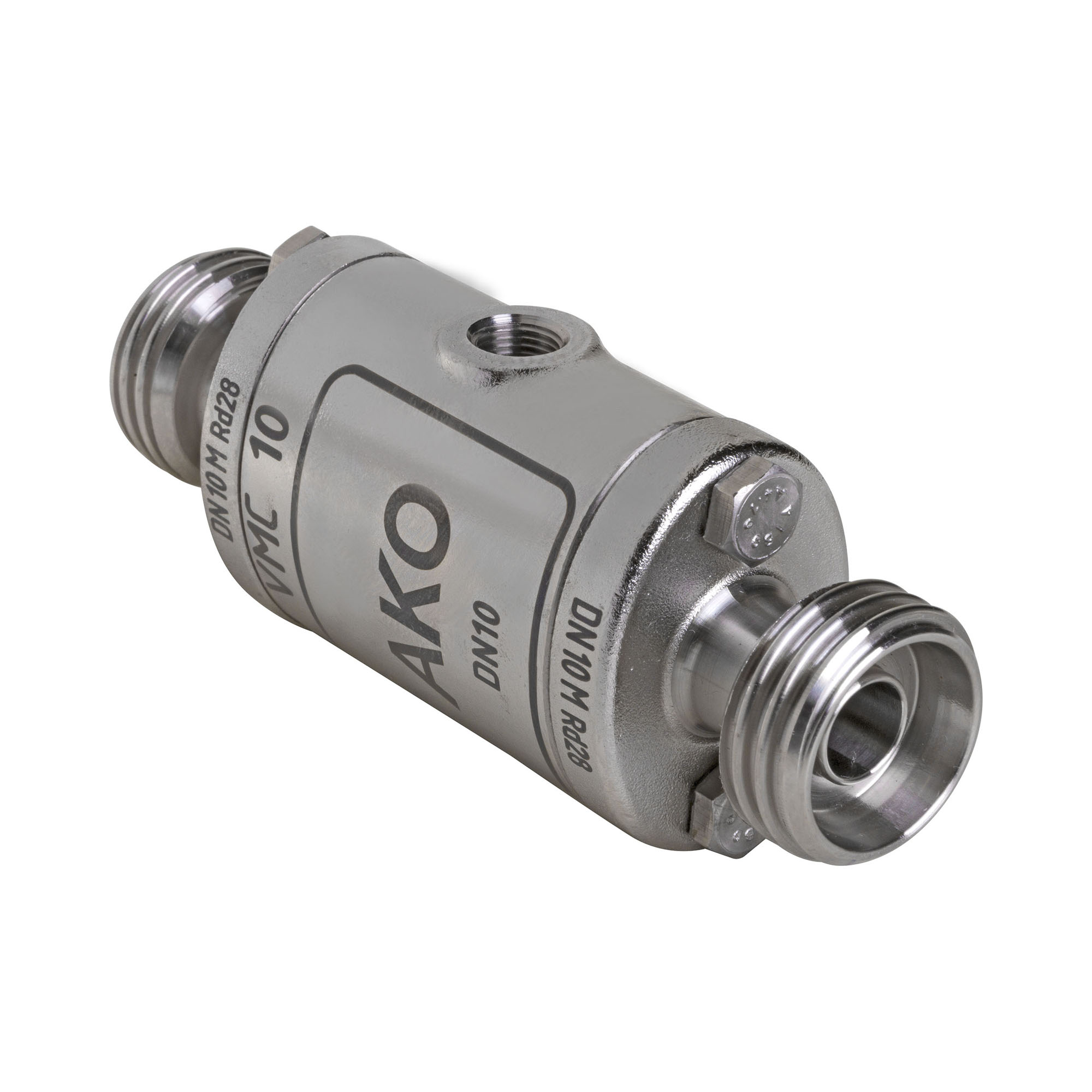Hose pinch valves with a rubber pinching tube inside the housing to stop or control the flow of media are often used in a vast range of industries and applications all over the world. This page will discuss some examples of hose pinch valve applications, their benefits, and how they perform.
Hose Pinch Valves Testimonial:
Bill Kingfisher – Quality Manager
“9 out of 10 of the engineers that I work with on our food site said that they prefer using hose pinch valves on our system rather than ball valves. We were fed up of ball valves clogging up and causing us problems. Finding out about hose pinch valves was like a God send to our company! We now have so many less failures and our system runs more smoothly.”
Read more pinch valve testimonials.
Hose Pinch Valves Processing Raw Materials
One example of an application where a hose valve will be most suited to the job is a cement plant. Hose pinch valves have been used successfully in the manufacture of cement for over 15 years. The standard natural rubber sleeves inside the hose valves have proven to be the best solution for controlling the movement and flow of concrete and cement media.
See more on valves for cement.
Also, hose pinch valves are part of an ever-growing industry manufacturing lime mortar products. Companies are using dry mortar batching plants in the UK to manufacture lime building products using hose valves. The batching plant is fully automatic and the hose valves keep a continuous supply of raw materials to various parts of the plant. So far, a DN80 flanged hose valve with internally threaded flanges and a DN15 plastic hose valve, both with standard natural rubber tubes, are installed and have not needed to be maintained for over 2 years.
Hose Pinch Valves with Flour
Hose pinch valves have been proven, after tests, that they are the successful solution to the flow of flour and other baking products in the many Warburtons bread manufacturing factories around the UK.
Hose pinch valves with 100mm and also 125mm diameter flanges with white food quality sleeves have been the successful working solution for maintaining the movement of the flour. The FDA approved rubber sleeves are lasting longer in rubber hose pinch valves than when the same company were using ball valves because the ball valve would become continuously plugged, blocking the flour flow.
Over the years, this company have found that the soft seated rubber sleeves inside the numerous hose pinch valves across their different plants are lasting approx 15 months. This is an exceptional lifetime of a rubber membrane of a hose shut off valve, especially with the coarse media passing through it such as salt.



